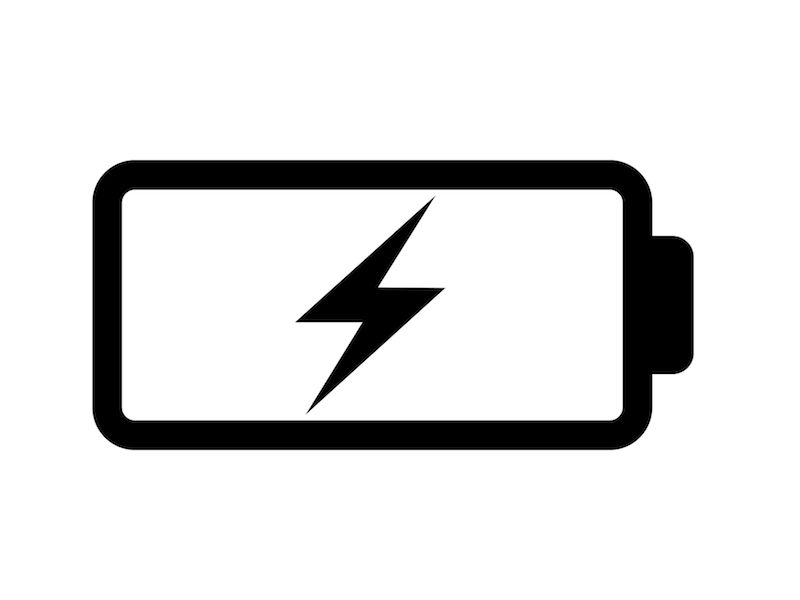
Worrying about running low on batteries is something you shouldn’t have to do with rechargeable hearing aids, but when you rely on this technology, it might make you slightly concerned. Do rechargeable hearing aids work as well as advertised or do they even work at all?
Those questions are reasonable, as is the accompanying anxiety. A hearing aid is often a vital element of one’s everyday life, as necessary for a quick trip to the grocery store as they are for the enjoyment of a movie or television show. When a piece of technology affects so many aspects of your life, it’s crucial that it functions correctly and reliably.
What Type of Battery do I Have?
Most modern hearing aids have rechargeable batteries by default, so it’s likely if you bought your hearing aids recently, it has one of two types of batteries. Silver-zinc batteries, which can usually be distinguished by a battery door on the device, are rechargeable, but the batteries may need to be changed every now and then. A Lithium-ion battery, however, will last throughout the life-cycle of the hearing device and, because of that, those devices will not have that distinguishing battery door.
How to Care For Your Rechargeable Hearing Aid
For the most part, rechargeable hearing aids do work, and they work well. The dependability of these devices has increased dramatically in the last several years, as battery technologies have improved. In order to improve reliability, however, there are a few maintenance steps users can take as they would with any other electronic device.
- Be Mindful of Wires: Either the hearing aid itself or the charging station will contain some kind of wire element on most hearing aids. Most hearing aid users are advised to be mindful of these wires; do not pull or hold your device by these wires as this can damage the connections that enable your hearing aid to charge.
- The Charging Station is Where Your Hearing Aids Should be Stored: If your hearing aids have rechargeable batteries, you can extend your device’s battery life by making sure that you consistently store your hearing aids on their charging station. Charging a battery that is not fully drained does not shorten the long term life of your battery. As a matter of fact, you can actually increase the life of the battery by making certain your hearing aids are charging when not in use. For lots of people, setting their charging station beside their bed is a convenient reminder to charge the devices when not in use.
- Keep Your Hearing Aids Dry and Clean: Your hearing aids will collect moisture, dust, and debris regardless of how often you use them. Any combination of these three things can diminish the efficiency of your battery and can interfere with charging as much as it needs. When connecting your hearing aid to your charging station, as with any other time, it’s important to keep your device clean.
How to Change a Rechargeable Battery
Lithium-ion batteries should last the lifespan of your device. So changing those batteries won’t be something you ever have to be concerned about. Your hearing aids can then be simply charged as long as necessary.
However, you will need to occasionally change the batteries if you have a hearing aid that utilizes silver-zinc batteries. Replacing batteries in the right way can help increase the lifespan of your hearing aids. Because of this, hearing experts recommend the following:
- Five minutes before removing any tabs that might be attached let the batteries sit at room temperature.
- Before replacing batteries, make sure you wash your hands.
- Ensure that your battery compartment is free of moisture and clean.
- Make sure you have a dry, room temperature place to store your batteries.
- Don’t remove any plastic tabs or packaging until you’re ready to use batteries.
Long Periods of Non-Use
Keeping your hearing aids on the charger over extended periods of time is no longer the way to store your hearing aids. Simply disconnect your hearing aid and store it in a cool dry spot if, for instance, you know you won’t be using them for a few weeks or a month.
If your hearing aids use silver-zinc batteries, you may also think about leaving the battery door open so that you can prevent moisture from corroding your batteries.
Keep it Charged Every Day
For most people, and for everyday use, charging your hearing aids once a day should be adequate for all of your requirements. To get 24 hours worth of battery life with a lithium-ion battery will usually only require 3-4 hours every day.
Do rechargeable hearing aids work? Not only do they work, but rechargeable hearing aids will most likely become much more common and dependable as the technology continues to improve. To see all the different models, schedule an appointment with your local hearing aid retailer.